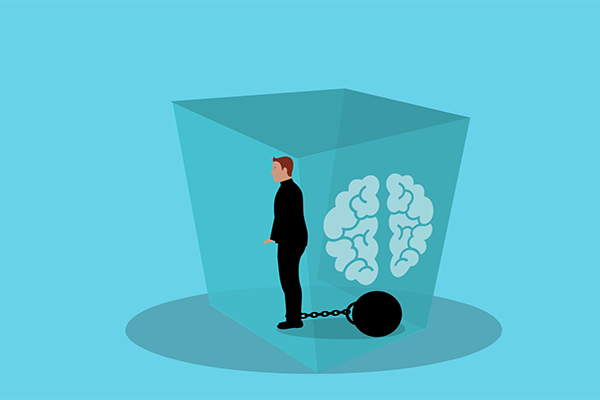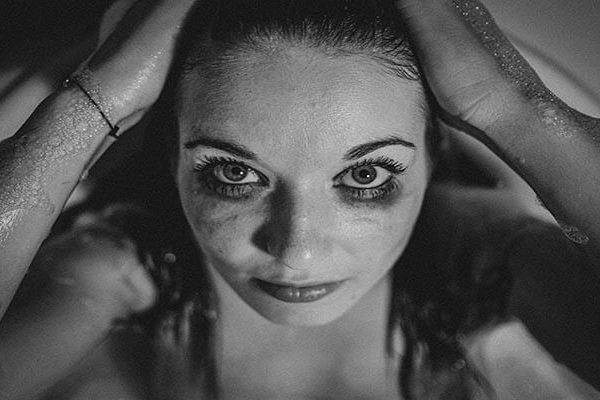Anxiety Attack May Affect Your Quality Of Life
September 29, 2022 by admin
Filed under Anxiety Attacks

Anxiety attack is a sudden surge of overwhelming fear that comes without warning and without any apparent reason and this would usually last for no more than 10 minutes. It is far more intense than having anxiety or the feeling of being stressed out. One in every 75 people worldwide will experience an anxiety attack at one point in his/her life.
Most anxiety sufferers report fear of dying, going crazy or losing control of emotions as well as behavior. The incidents generally provoke a strong urge to escape or run away from the place where the attack begins, and they are associated with chest pain or shortness of breath, and feeling of impending doom
A person with a phobia will often experience an anxiety attack as a direct result to the hung-up trigger. These anxiety attacks are brief and quickly relieved once the trigger is escaped. In the conditions of chronic anxiety, one anxiety attack can usually turn into another one, leading to a nervous fatigue over a period of days.
An anxiety attack has symptoms that often occur suddenly without any apparent cause. The symptoms can be as follows”
Pounding heartbeat, generally faster in nature
Increased sweating
Dizziness, lightheadedness, nausea
Difficulty breathing
Tingling and/or numbness in the face
Dreamlike sensations or perceptual distortions (de-realization)
Disassociation, the perception that one is not connected to the body and time.
Fear of losing control and doing something embarrassing
Fear of dying
Feeling of impending doom
Crying, associated to the above symptoms
Anxiety attack usually last for several minutes and is considered one of the most disturbing condition that anyone can live through in everyday life. The way to understand the different symptoms of anxiety attack is: first, comes the sudden jolt of fear with less or no triggering motivation, and then this will lead to a release of adrenaline (epinephrine), which causes the supposed fight-or-flight response, where the person’s body prepares for major physical activity.
This results to an increased heart rate, labored breathing or hyperventilation, and sweating. The diaphragm, involved in the action of the lungs, is also a muscle and it can become overly tight. When there is continuous, inferior anxiety, a person frequently works too hard when breathing. However, if there is hyperanxiety or an anxiety attack, there is overwhelming excitement, and a person may hyperventilate.
Because strenuous activity hardly ever arises, the hyperventilation leads to carbon dioxide levels lowering in the lungs and then the blood, resulting to the shift in the pH of the blood, which will then lead to many of the other symptoms, such as tingling or numbness, dizziness, and lightheadedness.
Anxiety attack is a serious condition, but before you start thinking if you have this condition and go running to see a doctor, stop and take a deep breath! Relax before you start having an anxiety attack, even if you actually don’t have it. Don’t take things too hard for it may lead to something serious and may affect your daily routine.
Take things lightly. In any case, if you think you have this condition, the first thing you should do is see a doctor. If you are diagnosed with anxiety attack condition, appropriate medication and good counseling can bring your life to normal again. Otherwise, tell yourself to relax and continue to live your life to the fullest.



